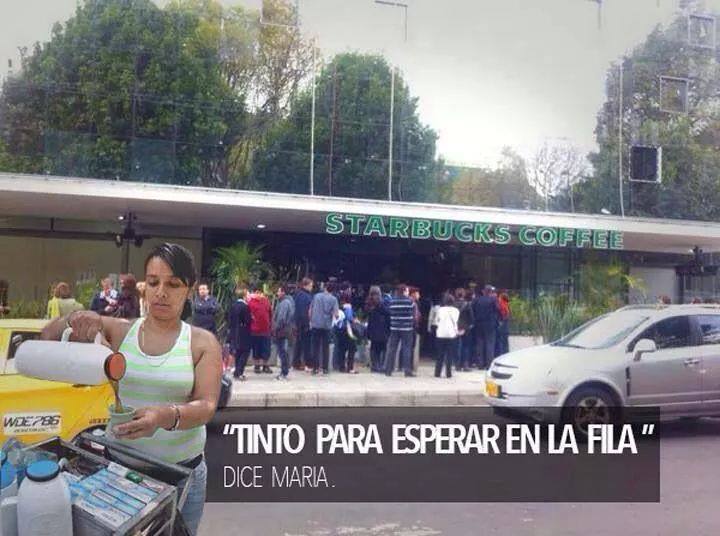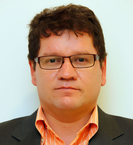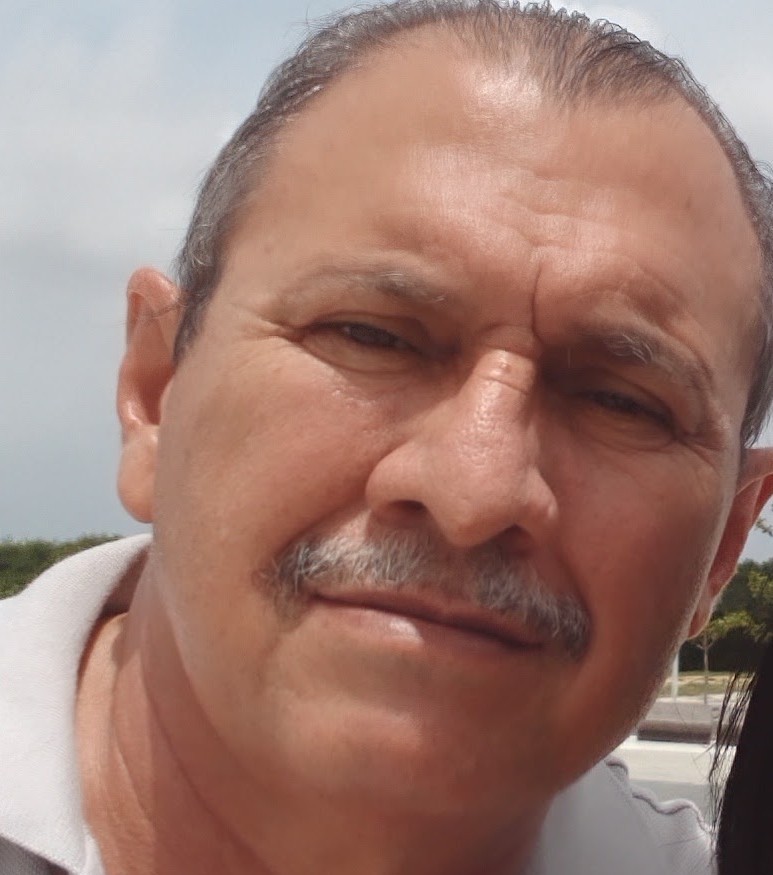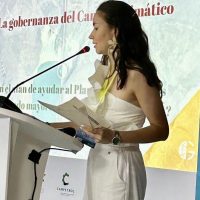
@radiobrendan
Wow! How the lot for some Colombians is improving considerably.
For one, the country’s new hero, James Rodríguez, has ensured Real Madrid will have about 40 million new followers thanks to his big money move to the Spanish giants. OK, footballers operate in a completely different galaxy to us mere mortals. Thus that things are looking up for James should be put into its proper, ludicrous context. It’s not his fault of course that this is the way the football world is, so we can only wish him well in his new life as an overpaid galáctico.

Erm, I guess for some paying ten times more is worth it when you don’t have to drink out of a plastic cup? (Photo from Facebook.)
On a slightly more comprehensible and, going by the reaction, palpable level, Starbucks arrival to the home of coffee has signalled the country’s passage into the ‘big league’; or so some locals appear to believe. A case of ‘Now things will change; we’ve got Starbucks.’ It certainly does gel in nicely with that popular Colombian notion that ‘outside (especially North America) is better than home.’*
So having the US coffee label here is another step towards becoming ‘US Americanised’; that should fix all the problems. Then again, maybe not.
In a way, the opening of the company’s flagship Colombian café in Bogotá is a further sign of the country’s growing middle class and, with that, the extra disposable income in a few people’s pockets. Plus, it shows in a very visible way that multinational companies no longer see the country as the big risk it once was in which to do business, or indeed most activities.
Yet, the much publicised excitement exuded by a segment of the population on Starbucks’ grand opening has only served to demonstrate yet again the huge inequality that exists in this land. On the one hand you had people queueing for up to an hour to get their hands on a cappuccino retailing at 5,500 pesos (almost $3US), while alongside them, as they waited to enter, you had street vendors selling their equivalent for less than ten per cent of that price.
Yes, those ‘in the know’ will talk about the quality of the Starbucks fare (alongside the ‘local’ equivalents such as Juan Valdez and Oma), but at more than ten times the price of a perico (coffee with milk) in my local panadería, it just doesn’t make sense to me. And whatever about it not making sense to me, for a large chunk of Colombians, paying 5,500 pesos for a coffee is just not a runner, never.
If you’re monthly earnings are about 600,000 pesos ($320US), roughly Colombia’s minimum wage, and you’re in a six-day week job where you have to commute by public transport, you’re not left with much money to play around with. The transport costs alone would be more than 72,000 pesos per month.+ Take food and general living expenses out of the remainder and you can see why 5,500 peso coffees are a pipe dream for many. Throw dependants into the mix and the picture is even grimmer.
Such inequality is not unique to Colombia, although the scale of it here is intense. Like many others before him, re-elected president Juan Manuel Santos has made reducing it one of his priorities.
But while we strive to improve the lot of the poorest in society, we also have to look at the other side of things. That is to say a much more even distribution of the world’s current wealth. Many of us could have as equally a fulfilling life – if not more so – minus a lot of the non-essential extras we accumulate.
Something to mull over whilst sipping on your Starbucks cappuccino watching James make his Real Madrid début. Isn’t life just bliss?
_________________________________
*This idea that the (Western) foreigner is holier-than-though can sometimes be seen in the behaviour of police officers. See Policía Metropolitana de Bogotá: An appraisal for more.
+It has been brought to my attention that a travel allowance of 72,000 pesos is available for those earning 1,232,000 or less. While this is no doubt a help, it still won’t see the masses flocking to Starbucks.
Facebook: Wrong Way Corrigan – The Blog.





Comentarios